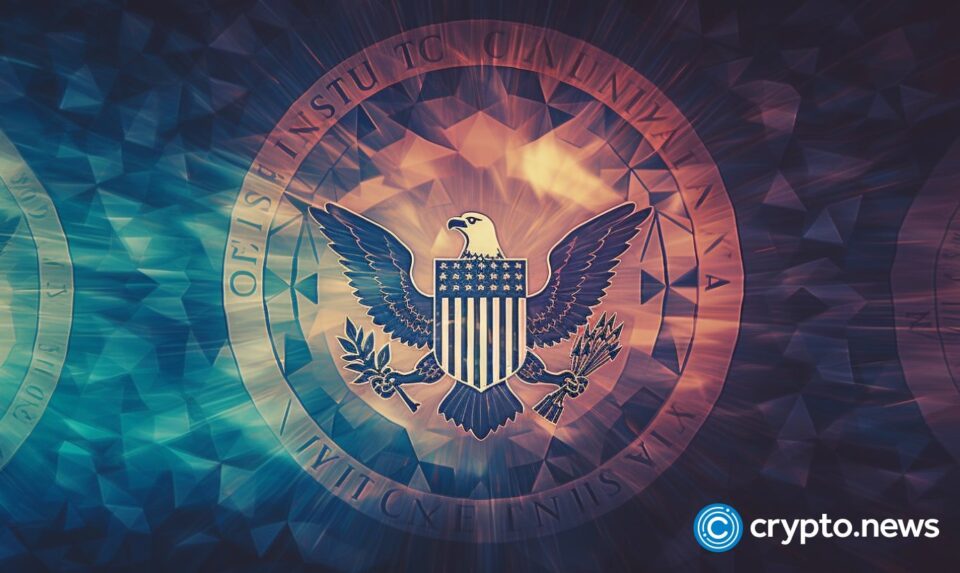The U.S. SEC has continued its crypto crackdown this 12 months, however the company’s present leverage may additionally be its largest weak spot in months to come back.
Along with ongoing litigation towards companies like Coinbase and Ripple, Gary Gensler and the U.S. SEC have issued Wells notices towards Uniswap, Consensys, and Robinhood for alleged violations. The intention to sue pertains to broad cryptocurrency companies provided by the three companies, however a particular purview revolves across the second-largest blockchain asset, Ethereum (ETH).
“Given the regulator’s total stance of viewing most cryptocurrencies as securities, platforms resembling Uniswap, regardless of its decentralized nature, might be scrutinized for managing public buying and selling actions. This, in flip, prompts the regulator to contemplate a case for registration and oversight to make sure compliance with securities laws.”
Adam Berker, Mercuryo Senior Authorized Counsel
A lot confusion exists across the fee’s classification of Ethereum and its native forex Ether. The SEC Chairman recurrently argued that cryptocurrencies fall underneath federal legal guidelines, citing the Howey Check as proof.
This take was axed in court docket in the course of the company’s protracted battle with XRP issuer Ripple. Nonetheless, a technological change might show detrimental to Ethereum’s potential commodity standing.
“The SEC has already misplaced the credibility of the Howey Check in the course of the Ripple lawsuit. By priority, it might lose its assault towards Uniswap and Ethereum. Nevertheless, Ethereum switching from proof-of-work to proof-of-stake will seemingly be the largest differentiating argument that the SEC might current for the reason that Ripple lawsuit has established no priority for it.”
Rudy De La Cruz, basedVC Common and Strategic Companion
Hope for crypto towards the SEC
Through the years, crypto proponents and business stakeholders have criticized Gensler and the Wall Avenue watchdog for adopting a “regulation by enforcement” method to crypto oversight.
Giants like Coinbase have even sued the fee, submitting rulemaking petitions in a federal court docket. Whereas the absence of a U.S. digital asset framework has arguably allowed Gensler’s company to litigate en masse, issues might change if Congress takes motion.
“The Safety and Alternate Fee has the higher hand of being a regulatory authority, and additional worsening the scenario for the crypto market, is the shortage of regulatory readability in the US. Nonetheless, a number of payments have been launched to place an finish to this situation.”
Rudy De La Cruz, basedVC Common and Strategic Companion
In 2022, two bipartisan legislations have been launched that might shift crypto oversight away from Gensler’s fee. With the Digital Commodities Shopper Safety Act (DCCPA), the Commodity Futures Buying and selling Fee (CFTC) would assume regulator authority over digital property.
If handed, the DCCPA would offer reduction for Ethereum, particularly as CFTC Chairman Rostin Behnam has publicly asserted that Bitcoin (BTC) and Ether are commodities.
The Accountable Monetary Innovation Act (RFIA) might additionally present much-needed readability for companies supervising digital property. Moreover, De La Cruz opined that the Digital Buying and selling Readability Act and Monetary Innovation and Know-how for the twenty first Century Act from 2023 would possibly assist to fill regulatory gaps.
“If and when these legal guidelines come into impact, the crypto market can have a good likelihood to defend itself towards the assaults of the SEC.”
Rudy De La Cruz, basedVC Common and Strategic Companion
